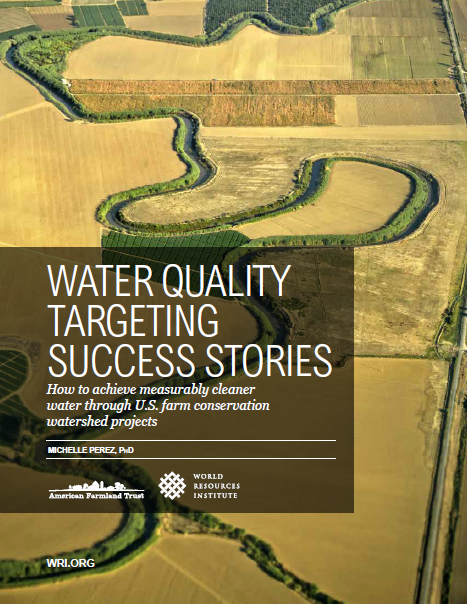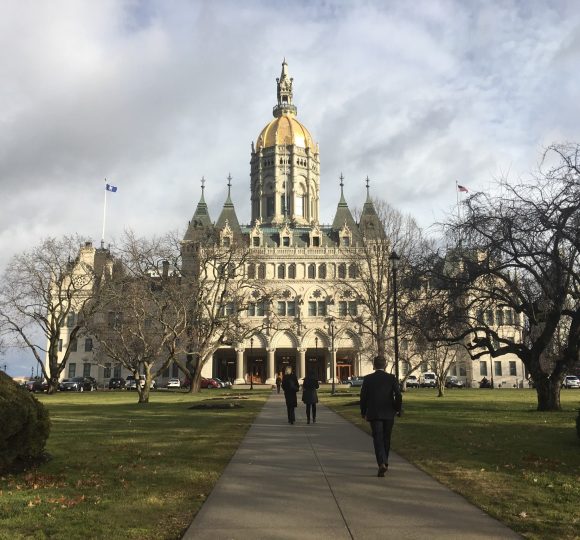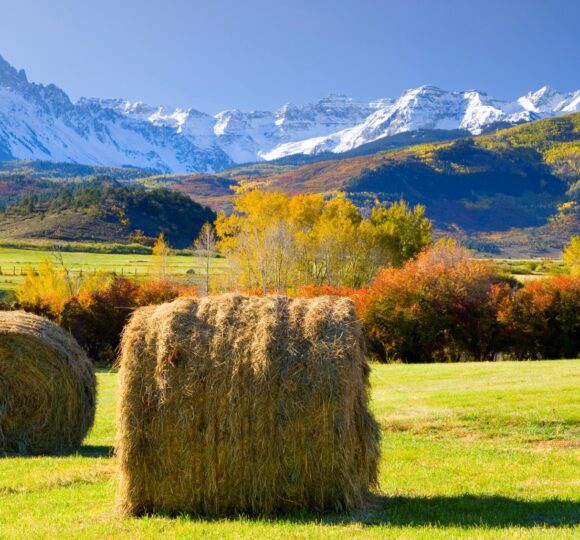This report shows how conservation leaders in six watershed-scale projects worked with farmers to implement priority conservation practices and to document the resulting water quality improvements. The report identifies key factors that led to success, including having the right partners to reach and educate farmers and to operate effective water quality monitoring programs.
This report recommends a set of actions that could be taken by USDA, EPA, Congress, charitable foundations, and the corporate supply chain communities to help Regional Conservation Partnership Program (RCPP) projects realize their full potential. If these stakeholders make the program changes, provide the increased funding, and disseminate the technical guidance called for in this report, RCPP project leaders will be able to quantify conservation results, at both watershed and field-scale. Not only will this demonstrate how farmers are good stewards of the land, but it will provide solid evidence that voluntary, incentive-based conservation works.






